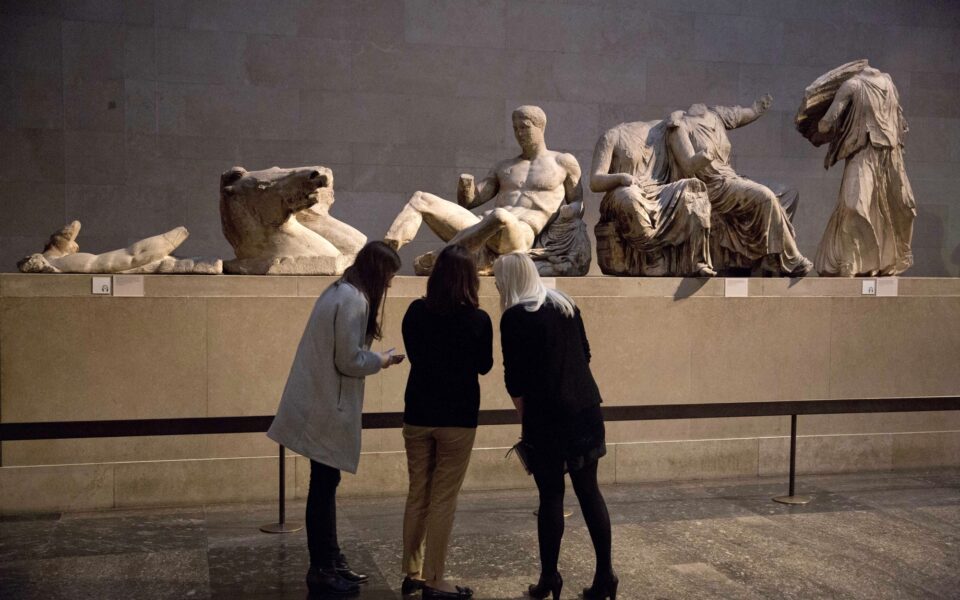There is finally some hope in the constant and ongoing battle to return the person on marbles from the United Kingdom to Greece. A new chairman has declared that there is a deal to be done in terms of the marbles. Many are very hopeful that this might be pointing to a potential return, but others have given up hope in this battle. personally, this is something that I would love to see. There are so many artifacts from around the world that are stolen and still being housed in museums in the United Kingdom. The right thing should be done, and the marbles should be returned, as should every other stolen artifact.

 www.ekathimerini.com
www.ekathimerini.com

Parthenon Marbles: Doing the right thing | eKathimerini.com
The UK newspapers have all been buzzing this week with the suggestion that the British Museum may be ready to discuss the return of the Parthenon Sculptures with Greece.



